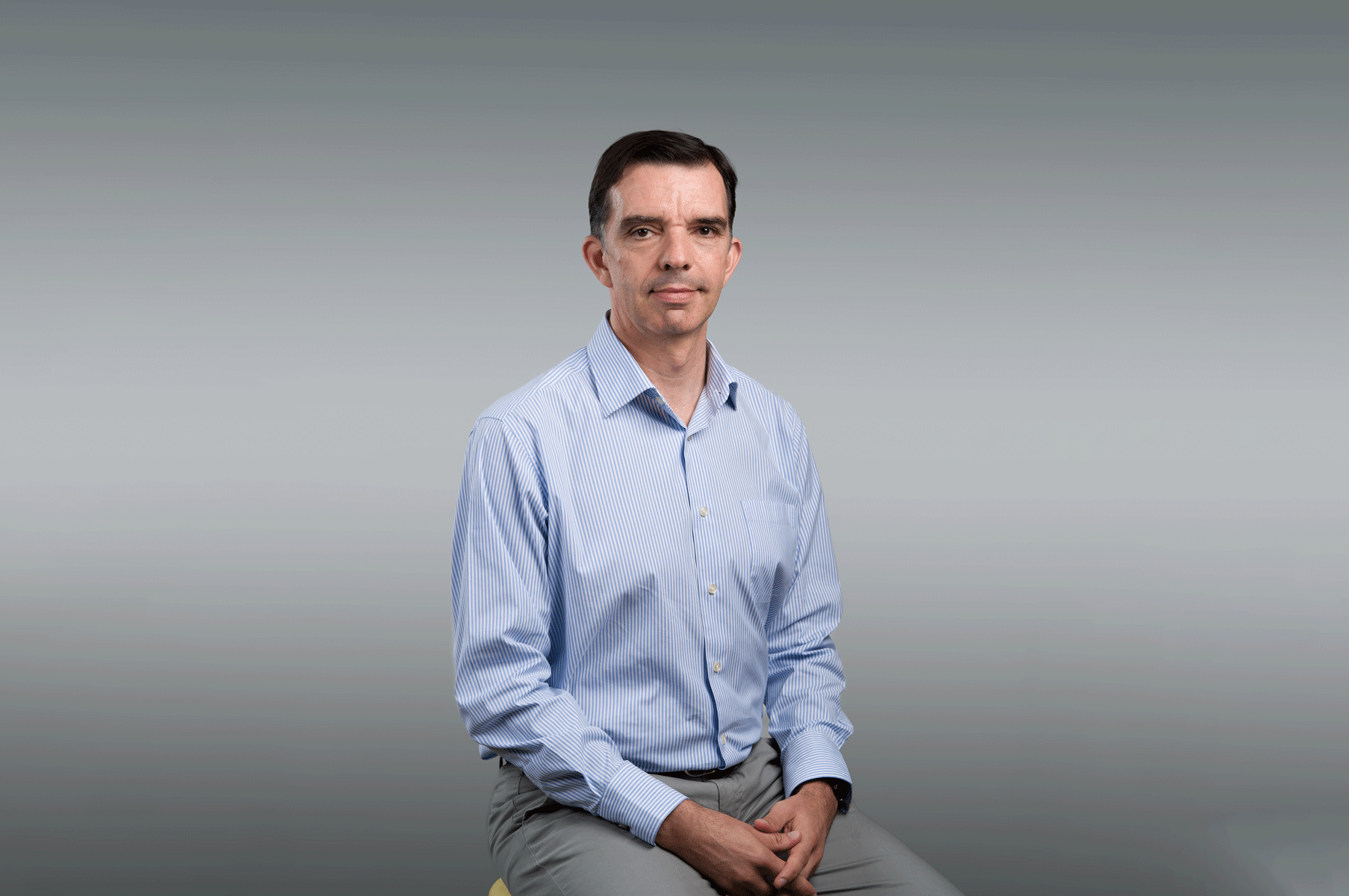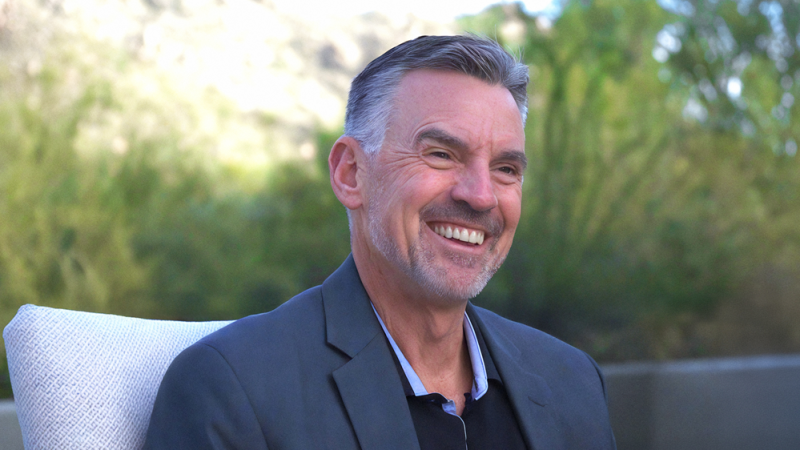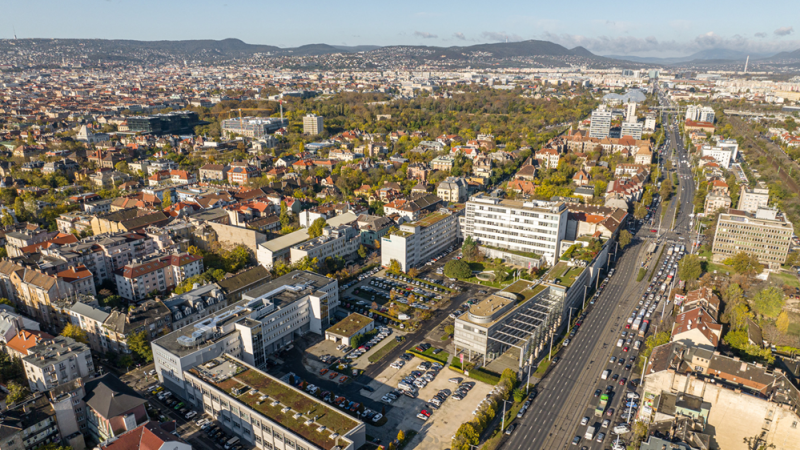Critical Manufacturing was founded in 2009 and is dedicated to building Manufacturing Execution Solutions that manage the digitalisation of factories, encompassing the execution of production information, materials, and equipment across several key verticals. As well as creating these systems, Critical Manufacturing also provides its clients with the means to gather and control information via automation, monitoring equipment and gathering data.
“Then the final layer we apply is analytics and intelligence that derive insights to improve overall perspectives on these verticals,” explains Francisco Almada Lobo, Critical Manufacturing’s CEO. “Our verticals are semiconductor manufacturing, electronics, medical devices and industrial equipment, and we have made good progress this year across these sectors.”
Critical Manufacturing’s solutions help manufacturers compete effectively through digitalisation, allowing them to easily adapt to changes in demand, opportunity, and requirements, anywhere, at any time. Their solutions are fully integrated and modular, built by a team of seasoned high-tech industry manufacturing IT professionals.
The company’s solutions go beyond error-proof operations management, offering advanced Internet of Things data management and analytics, Augmented Reality, a manufacturing Digital Twin and modern, intuitive interfaces that will empower the next generation of workers.
Today Critical Manufacturing is considered the leader in its sector through assessment by independent analysts. The company is seeing 40 to 50% growth year-on-year, employs over 550 people and boasts a geographic footprint that stretches across Europe, North America, and Asia, particularly China and Southeast Asia. The company has been named a Leader in the 2023 Gartner Magic Quadrant for Manufacturing Execution Systems for the third year running, receiving the best score for complex discrete in Gartner Critical Capabilities 2022.
“They have seen the innovation we have brought to bear,” Almada Lobo tells us.
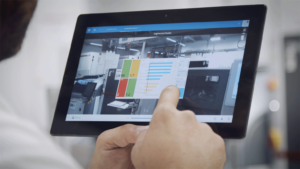 A Platform for Digital
A Platform for Digital
The crux of that innovation is Critical Manufacturing’s unique digitalisation platform for manufacturing, with the ability to map complex processes that happen inside manufacturing facilities.
“Systems like ours are not just for collecting data but essentially allow users to monitor processes in real-time, control those processes and derive strategies for performance and quality improvement,” Almada Lobo says. “We have created real value, and on top of that, we have a solution that can be deployed in many ways. It can either be based on the client’s premises, or we can deploy cloud-based versions for customers who want a lower Capex investment. Or we can develop a hybrid solution with some components running on-premises and some running in the cloud. We support digitalisation from a modular perspective.”
By “a modular perspective,” Almada Lobo means that Critical Manufacturing does not just provide a one-point solution, but solutions that can grow along with our businesses, evolving, as he says, for “centuries to come.”
But with growth comes challenges, and Almada Lobo is the first to point out that Critical Manufacturing’s greatest challenges have been to do with scale. “The highest growth year we had was the post-pandemic when we grew by 70%. As we sell our solutions to larger and larger companies, we will sell to firms with 20, 30 or 40 manufacturing plants,” Almada Lobo explains. “To a certain extent, we were almost victims of our own success.
To respond to that demand, we have started hiring more and building on our relationships. We are asking who can take over some of these deployments, allowing us to deploy across a wider range of plants.”
Inspired by People
Critical Manufacturing’s solutions are constantly developing, with the company investing heavily in innovation, but innovation can mean a lot of different things. “There are different aspects to innovation,” Almada Lobo says. “One of our main sources of innovation is our own customers. We have regular customer group meetings where customers explain how they use our solutions and what they would like to see developed next. We have ideas and always want to add more functionality.”
This is made possible thanks to Critical Manufacturing’s modular solutions. The company offers a base product, and on top of that product, Critical Manufacturing can add a lot of different features.
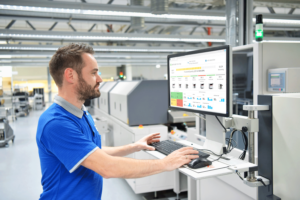 “The options are almost infinite, so we need to channel ideas through our team and our partners, generating ideas and developing them into products,” says Almada Lobo. Of course, turning ideas into actionable products and solutions take talent, and Critical Manufacturing invests heavily in recruiting and developing new people.
“The options are almost infinite, so we need to channel ideas through our team and our partners, generating ideas and developing them into products,” says Almada Lobo. Of course, turning ideas into actionable products and solutions take talent, and Critical Manufacturing invests heavily in recruiting and developing new people.
“It is becoming a challenge. Essentially, we have two types of high-level recruits- software engineers and industrial managers. In both cases, we have broad competition for talent, but the market is not saturated yet,” Almada Lobo says. “On one side we have done a lot of work with different universities to become a place where people want to work, and this is something we have been doing for many years now. We have opened internships to attract new talent. We also work in retention, ensuring we have competitive pay, benefits and most importantly offer different types of work, so people do not stagnate and have the possibility of moving up in their career.”
As well as recruiting people one by one, Critical Manufacturing is also on the lookout for companies that it can bring into the fold. “We are also acquiring some companies. In the beginning of 2023, we expanded our operations into Southeast Asia. The latest was a firm in Mexico, strengthening our presence in Latin America”, Almada Lobo says.
But while Critical Manufacturing is on the lookout for businesses to acquire, Almada Lobo currently has no interest in taking the company beyond its existing market sectors.
“At this point, we do not want to expand into different verticals because there is so much work to win here in the electronics and medical devices space,” he insists. “We will continue to evolve alongside our partners, adding more products more features, and creating additional options.
We are committing to some non-organic growth with companies that have features that can be complementary to our own solutions for our target customers.” In finding and developing those solutions, Almada Lobo believes that Critical Manufacturing teaches us an important lesson.
“We are headquartered and founded in Portugal, competing globally and considered to be ahead of the game compared to some giant companies,” Almada Lobo points out. “We have deals with top manufacturing companies worldwide. We show that innovation can come from anywhere.”
